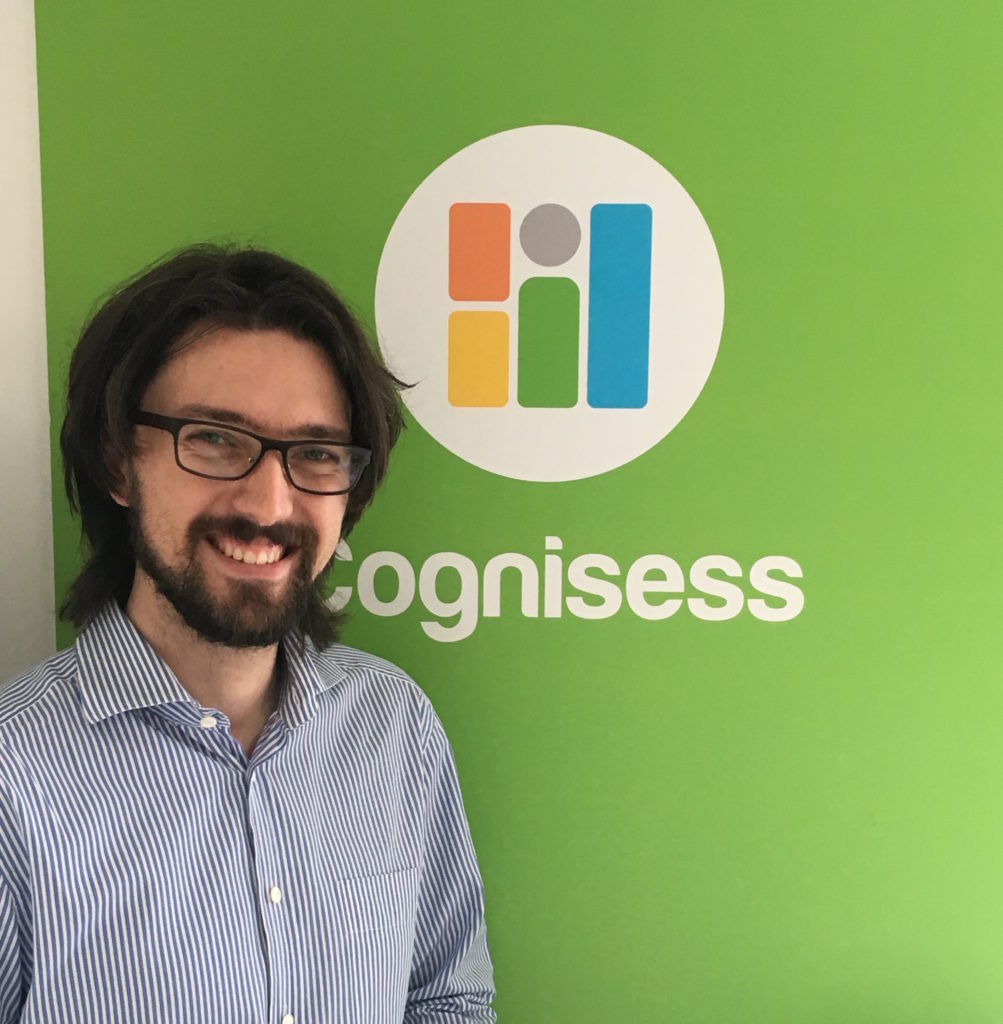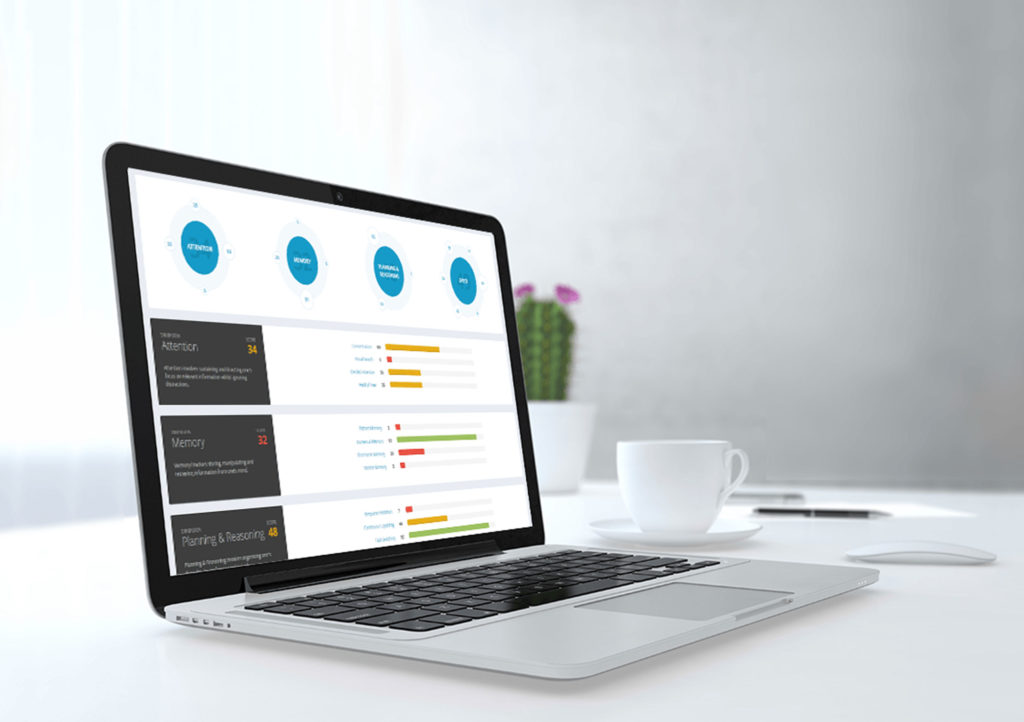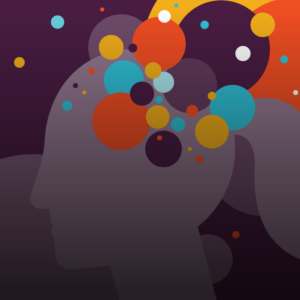Cognisess’ Chief Scientific Officer, Dr Boris Altemeyer answers three key questions addressing what companies who are thinking about embracing People Analytics need to consider. The insight was based on our recent case study project with hotel giant IHG.
Why should companies put their faith in People Analytics?
For decades the HR hiring manager was the best people analytics capability companies had. They worked without any data backup, operated based on a gut feeling and what had come before. Gut feeling is brilliant but it is the imperfect and human equivalent of processing lots of data and coming to a conclusion. Except….if that hiring manager has a bad day it will affect who’s going to get hired and if they leave their job that data model leaves the company with them.

Cognisess’ Chief Scientific Officer, Dr Boris Altemeyer
As a Talent Management platform, Cognisess brings a systematic approach which can learn and analyse a company’s people preferences and understand what truly makes someone great in a job role, in a team or in that culture – which is what hiring managers are trying to internalise. Once the machine has learnt, it is able to be totally objective and it doesn’t have a bad day! If the company changes direction or focus – it doesn’t matter, the AI is much more flexible and adaptable than humans will ever be. The beauty of Cognisess is that we can take the best of what makes us humans human and equip HR to make better decisions backed with data and science. That makes for a really exciting and fulfilling future for HR, they will be able to better demonstrate and validate the value of its human capital for the whole organisation and key decision makers.
Our client IHG was really receptive to using People Analytics. They wanted to source the right people who would predictably stay with them, develop in their roles and move them forward within the organisation where their talents were best suited. But there was also a time and resource pressure which left little room for error or waste. Cognisess Pro was able to provide for these competing pressures.
Prior to using People Analytics, what do companies need to do to prepare for it?
Be open-minded. The data companies have may be valuable to the process – or they may need to set up a new method to collect and collate that data over time. People Analytics isn’t a silver bullet that businesses can implement instantly and become 50% more efficient – it’s an ongoing, organic journey. Using data to inform your decision making is not a quick-fix, but about adopting a new mindset. The technology opens up a lot of questions and insights, which can be interesting and inspiring, they are part of kick-starting the process and draw the business’ attention towards just how powerful People Analytics can be.

This was something we saw in IHG’s Future Leaders programme. From the beginning of the project there was a world of information that was already available, but not as actionable data. This was absolutely invaluable for us. The data covered previous cohorts of candidates who not only passed the assessment centre, but were now operating in management positions. The assessment centre results from these brilliant high performers were used to benchmark what ‘good’ looks like. Additionally, we analysed the people who received really good reviews from their supervisors and had made career progress within IHG. This is usually dormant or inactive data that sits somewhere in an HR system but no one looks at – but this is the kind of information that the machine loves! People Analytics recognises that one person was promoted quicker than another and therefore they must be demonstrating some qualities which make them better.
Cognisess Pro’s clients are from a wide range of sectors. Does each sector present different needs for People Analytics?
We learn an incredible amount from all our clients, regardless of which sector. In fact, it helps to have data sets constructed across many sectors and industries. A university professor half jokingly said we are becoming proxy experts in so many industries. For instance, we have gained an understanding of what best looks like in the hospitality industry and the automotive sector – but it doesn’t mean we intend to run a hotel or build a car. Our focus is very much on understanding people, behaviour and potential. The more understanding we have, the better we can design the system with the widest user experience at the heart of it. We are also very focused on making very complex data accessible, which helps clients make the very best people and talent decisions for them.

If we look at very different clients like IHG and Vauxhall, their applicant journeys are very divergent. IHG’s candidates will fine tune their applications and apply to a select few graduate programmes – as there’s not many around. Vauxhall applicants are more likely to consider hundreds of sector openings. They aren’t likely to complete a 35-minute application when competitors only want them to answer a few questions. Vauxhall’s user journey is a lot quicker than IHG’s. With IHG we designed a more ‘Intercontinental Hotels’ experience for the candidate, as they want to spend more time on their application.
We aim to have a successful and frictionless journey for all applicants whilst ensuring we get the right amount of data for each client. You can only do that if you can draw your experience from as many sectors as possible, we look forward to adding many more sectors to build our reach and understanding. I am confident that whichever sector we serve we will be able to grasp the minute variants and dynamics that are at play there, we will help deliver People Analytics as a driver for transformation and performance for those clients.
For more insight, download our recent case study with global hotel giant IHG.


